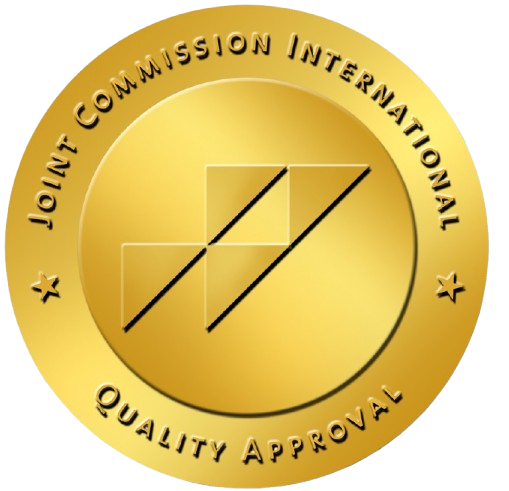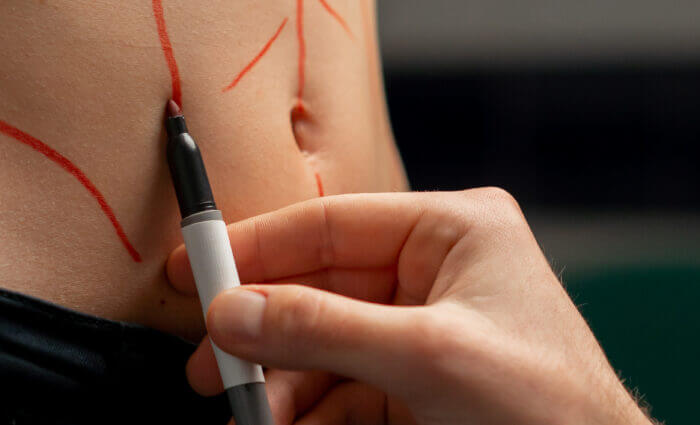What is liposuction?
- Liposuction is a cosmetic surgical procedure that removes excess fat deposits from specific areas of the body, such as the abdomen, thighs, buttocks, arms, neck, and back.
Who is a good candidate for liposuction?
- Ideal candidates are those who are in good health, have realistic expectations, and are within 30% of their ideal weight. They should have firm, elastic skin and areas of excess fat that have not responded to diet and exercise.
How is liposuction performed?
- The procedure typically involves making small incisions in the target area, inserting a thin tube (cannula), and using suction to remove fat. Different techniques, such as tumescent, ultrasound-assisted, or laser-assisted liposuction, may be used depending on the case.
What is the recovery time for liposuction?
- Recovery time varies, but most people can return to work within a few days and resume strenuous activities after a few weeks. Swelling and bruising may last for several weeks, and wearing a compression garment is often required to aid healing.
What are the risks and complications associated with liposuction?
- As with any surgery, liposuction carries some risks, such as infection, bleeding, and adverse reactions to anesthesia. Specific complications can include contour irregularities, fluid accumulation, numbness, and in rare cases, more serious outcomes such as fat embolism.
How much does liposuction cost?
- The cost varies widely based on factors like the surgeon’s experience, the location of the practice, the extent of the procedure, and other associated fees. On average, it can range from $2,000 to $10,000.
Are the results of liposuction permanent?
- The fat cells removed during liposuction are permanently gone. However, it’s essential to maintain a healthy lifestyle to prevent new fat deposits from forming. Weight gain can affect the results.
Will there be visible scars after liposuction?
- The incisions made during liposuction are small, and resulting scars are usually minimal and fade over time. However, the extent of scarring can vary based on individual healing processes and pigmentation.
Can liposuction treat obesity or be used for weight loss?
- Liposuction is not a weight-loss method or treatment for obesity. It’s intended for body contouring and improving the shape of areas with persistent fat deposits.
What are the types of liposuction techniques?
- Common techniques include:
- Tumescent liposuction: Involves injecting a solution into the fat deposits before removal.
- Ultrasound-assisted liposuction (UAL): Uses ultrasonic vibrations to liquefy fat.
- Laser-assisted liposuction (LAL): Employs laser energy to break down fat cells.
- Power-assisted liposuction (PAL): Uses a vibrating cannula.
- Common techniques include:
Can liposuction improve the appearance of cellulite?
- Liposuction is not typically effective for treating cellulite and may, in some cases, make it more noticeable. Some other treatments are designed specifically for cellulite reduction.
Emirates European Hospital
Phone: +971 6 561 9444
Email: patientcare@eehospital.com
Address: Al Sharq St – Al Gulai’aah – Al Sharq – Sharjah




